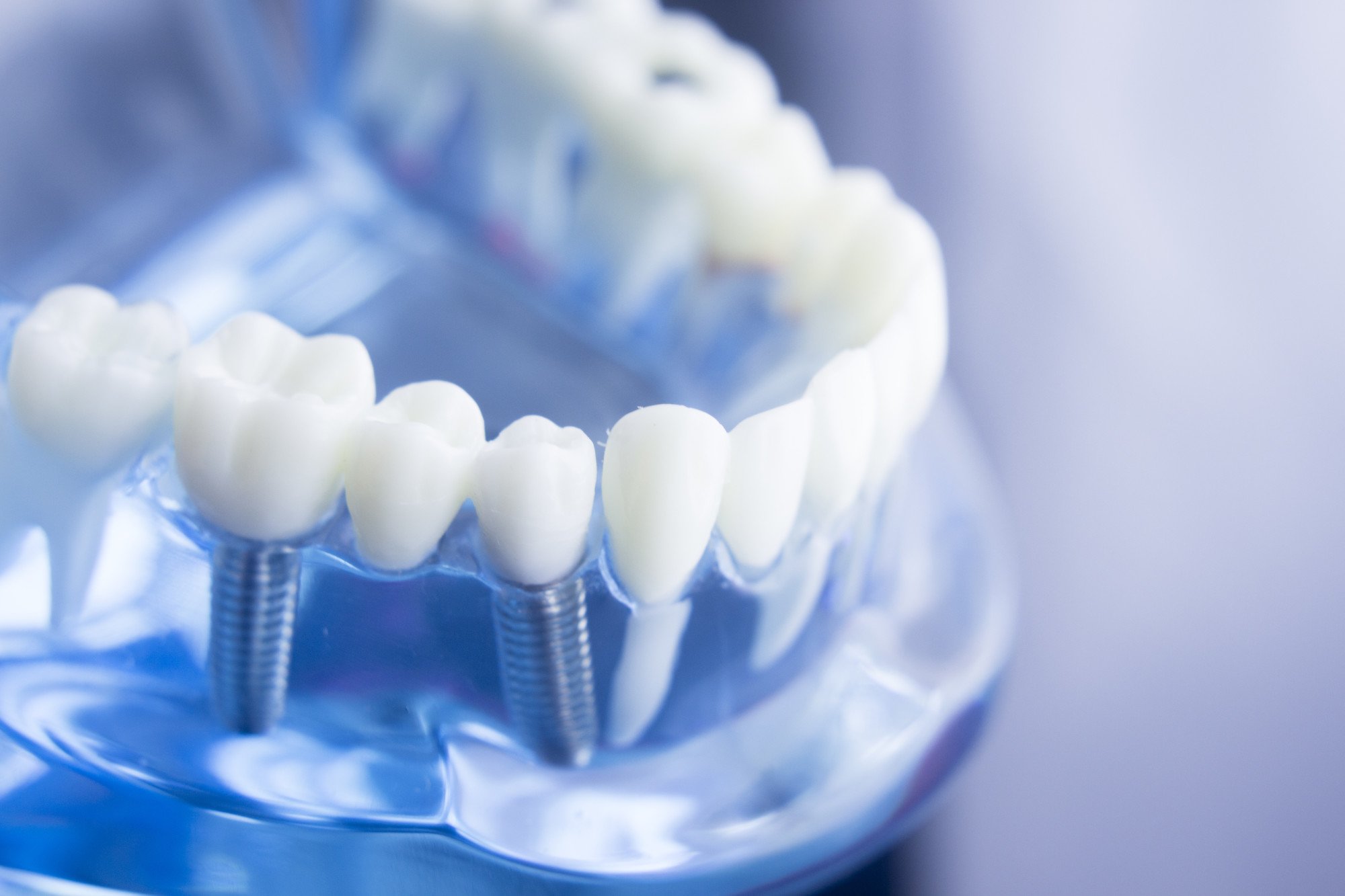Oral Surgery - Tips For Success After Oral Surgery

Oral surgery is a medical specialty concerned with reconstructive surgery of the mouth, face, jaw, and oral cavity. Oral surgeons perform all types of cosmetic dentistry, from reconstructive rhinoplasty to dental implants. Many oral surgeons also perform reconstructive work for burn victims and individuals that have sustained facial injuries. In addition, many oral surgeons also provide rehabilitation after an oral surgery procedure is performed. Oral surgery can be broadly classified into maxillofacial and facial surgery. Maxillofacial surgery refers to any surgery that involves the face, including maxillofacial muscles and ligaments, lips, chin, and eyes.
Maxillofacial or facial surgery involves the reconstruction of the mouth and jaw area after an accident, injury, or disease has damaged or deformities in these areas. Oral surgeons are specially trained to handle cases involving the oral surgery of the jaw, lips, tongue, palate, and throat. When performing oral surgery, a medical specialist uses specialized equipment and techniques to surgically manipulate tissues in the mouth and jaw area. The results of this surgical procedure can dramatically transform an unimpressive smile into one that is perfectly aligned. You can see page for more info about oral surgery professionals.
Recovery is usually very uncomfortable and painful. Depending on the type of oral surgery you have undergone, you may be prescribed pain medication, anti-inflammatory medications, and pain medications. After your recovery period is over, you will be advised to avoid certain foods and certain types of oral products such as sweets. You may be told to start taking soft foods slowly so you do not cause your recovery time to be more severe than it should be. You will likely be instructed to keep your jaw muscles moist with saliva and to avoid hard, crunchy, or dry food, especially those that can dull the pain caused by your procedure.
TMJ patients are sometimes advised to undergo a procedure that relaxes the muscles around the jaw, but the best solution is to prevent TMJ altogether. Avoid grinding your teeth, popping your cheeks, and clenching your teeth together because they can contribute to TMJ and its associated symptoms. Your doctor will most likely recommend that you see a specialist who deals specifically with facial pain, including oral surgeons, to help you deal with your pain.
To speed up your healing, your doctor will likely recommend that you begin taking a salt water flake at least a week after your oral surgeries. Salt water flake assists in the quick healing of your mouth. You can eat soft foods and salt water candy to help you heal faster. You may also want to supplement your salt water flake with a good oral surgeon's recommendation, such as an oral surgeon for the jaw or a TMJ expert for the face. Your surgeon will be able to determine the best course of treatment based on the type of condition you have and the severity of your symptoms. Find out about the best oral surgeon westlake village on this article.
Once you have completed your medical degree, you may need to finish a one-year residency in oral surgery. If you are interested in this field of medicine, you should work towards a medical degree first. This will allow you to gain experience and have hands-on training, which you will need when you enter dental school. You may also want to take classes related to dentistry, so that you can better understand the techniques you will learn in school and in the workplace. Dentistry is among the most popular fields right now and you'll likely find many job opportunities available in this field. Check out this related post to get more enlightened on the topic: https://en.wikipedia.org/wiki/Dental_extraction.
